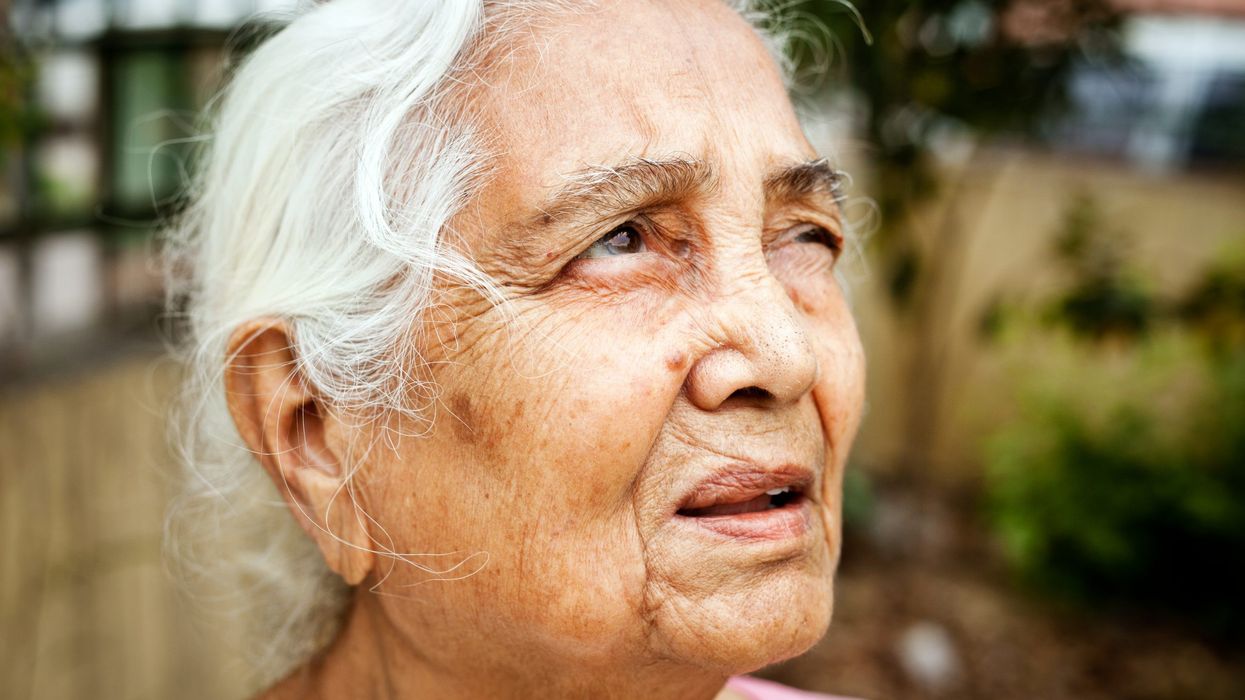One in three people who notice symptoms of dementia in themselves or a loved one wait for more than a month before seeking medical attention, an Alzheimer's Society survey to mark Dementia Action Week has revealed.
A campaign - ‘It’s not called getting old, it’s called getting ill’ – aims to encourage people worried about their own - or someone close to them - memory, to seek support promptly.
Diagnosis rates for dementia hit a five-year low during the pandemic, and have stayed the same since, the charity said.
Alzheimer’s Society CEO Kate Lee said: “We need to face dementia head on. There is support out there if you’re confused about symptoms, or don’t know how to have that first tricky conversation.
“As soon as you realise something is not right, come to Alzheimer’s Society - you can use our symptoms checklist to help have that all-important first chat with your GP.”
In the UK, one person develops dementia every three minutes; by 2040, it is estimated that 1.6 million people will be living with the condition, the charity added.
Confusing dementia symptoms with normal ageing was the top reason people stayed silent (64 per cent), followed by not wanting to worry their loved one (33 per cent) and fears of how their relationships might change (16 per cent).
Among the 1,100 people surveyed, 44 per cent said they were scared people would speak down to them or their loved one after they were diagnosed, or treat them like a child.
Resident doctor on ITV's Lorraine and Good Morning Britain, Dr Amir Khan, said: “A third of us will go on to develop dementia in our lifetimes – we need to change the idea that getting dementia is inevitable as we age - it’s not called getting old - it’s called getting ill.
“Reaching out to ask for help can feel a scary prospect, but it’s better to know. Patients I’ve seen getting a timely, accurate diagnosis have had the chance to benefit from treatments and support from organisations like Alzheimer’s Society they’d have otherwise missed out on.”
Visit alzheimers.org.uk/memoryloss or call 0333 150 3456.




